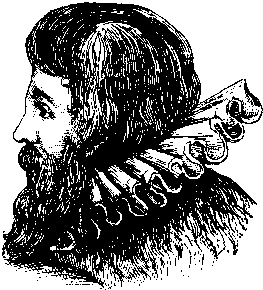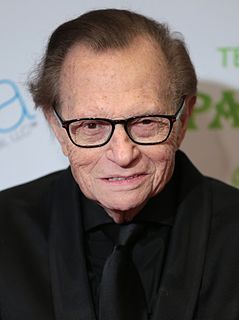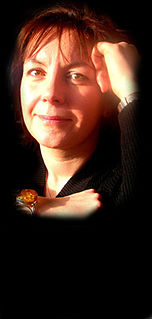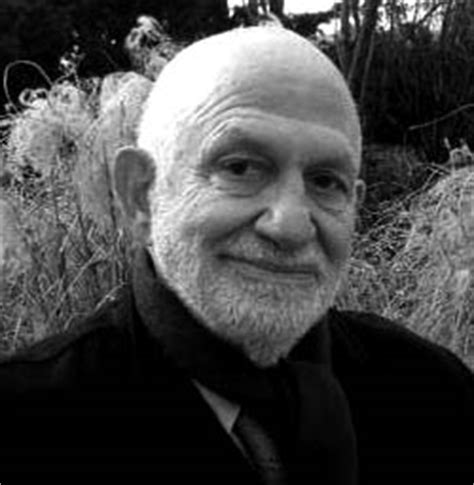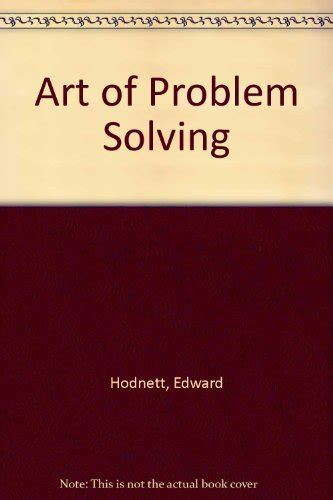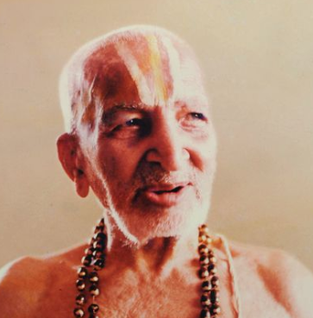A Quote by Paul Lockhart
The mathematical question is "Why?" It's always why. And the only way we know how to answer such questions is to come up, from scratch, with these narrative arguments that explain it. So what I want to do with this book is open up this world of mathematical reality, the creatures that we build there, the questions that we ask there, the ways in which we poke and prod (known as problems), and how we can possibly craft these elegant reason-poems.
Related Quotes
The book Forest Dark wants to provoke questions about what is reality and why are we so given to believe that reality is firm and unbendable. There's a whole host of questions that the book is asking about that. Why do we believe that the world is only one way and as we see it? Why are we not open to the ways in which it might be otherwise.
I think as you grow up and you see things which are around you and you ask questions and you hear the answers, your situation becomes more and more of a puzzle. Now, why is it like this, why are things like this and since writing is one way in which one can ask this questions and try to find these answers, it seems to me a very natural thing to do, especially as it meant stories which I always found moving, almost unbearably necessary.
So many writers come to class with one question dominant in their mind, 'How do I make a living from this?' It's a fair enough question and one I always try to answer well- but it saddens me that it so often overshadows the more relevant questions of 'why am I writing' and 'what am I saying' and 'how do I keep it honest.
Curiosity is a key building block. The more curious you are, the more creativity you will unleash. A great way to do that is to ask the three "magic questions" again and again... those questions are simply, "Why", "What if?", and "Why not?". Asking these questions constantly focused you on the possibilities and away from how things are at the moment.
Addiction is more malleable than you know. When people come to me for therapy, they often ask me whether their behavior constitutes a real addiction (or whether they are really alcoholic, etc.). My answer is that this is not the important question. The important questions are how many problems is the involvement causing you, how much do you want to change it, and how can we go about change?
I won't call my work entertainment. It's exploring. It's asking questions of people, constantly. 'How much do you feel? How much do you know? Are you aware of this? Can you cope with this?' A good movie will ask you questions you don't already know the answers to. Why would I want to make a film about something I already understand?








